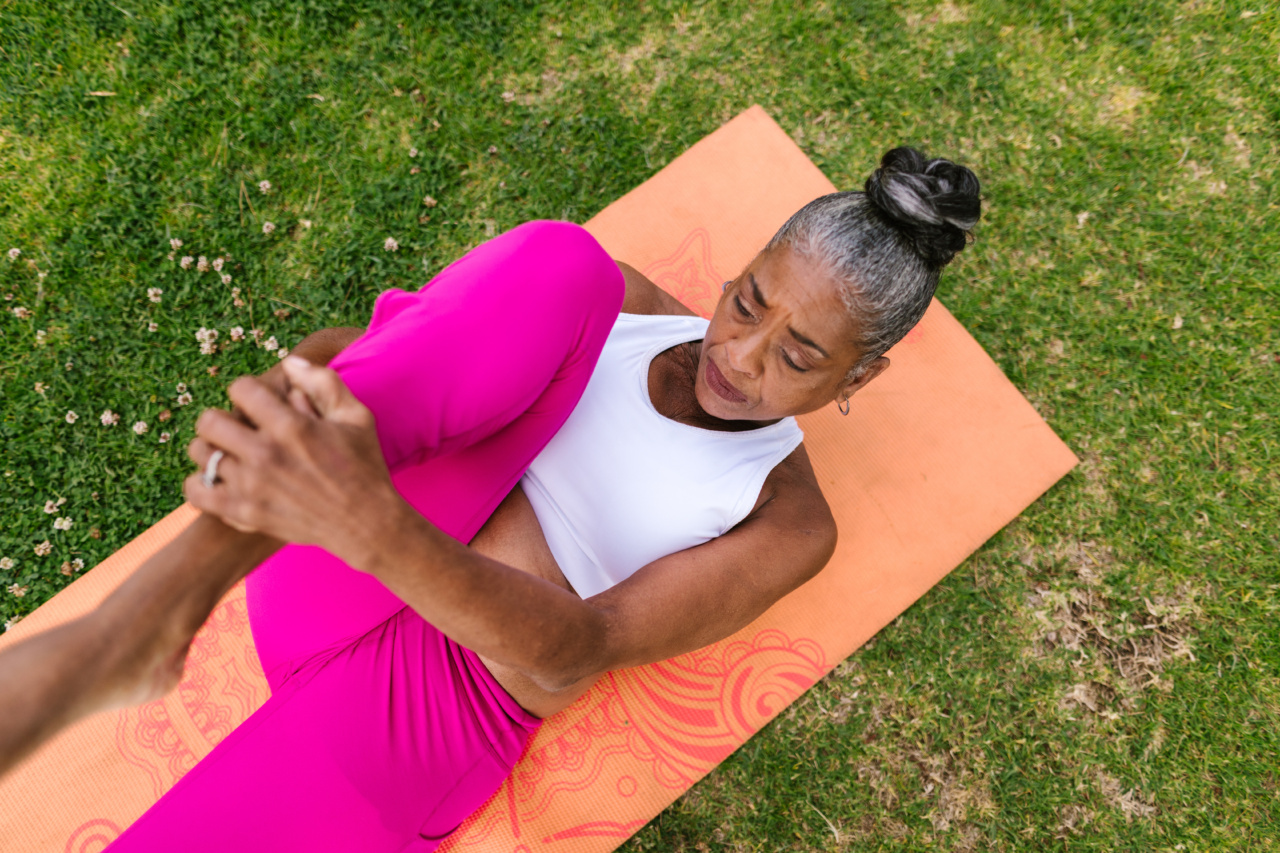As we age, maintaining good health becomes increasingly important. Regular exercise is one of the most effective ways for elderly individuals to improve and extend their lifespan.
Not only does exercise offer numerous physical benefits, but it also contributes to mental well-being and overall quality of life. In this article, we will explore the various ways in which regular exercise can increase your lifespan as an elderly person.
1. Strengthens the Heart
Engaging in regular physical activity, such as cardiovascular exercises, helps to strengthen the heart muscles.
As a result, the heart becomes more efficient at pumping blood throughout the body, reducing the risk of cardiovascular diseases such as heart attacks and strokes. By taking care of your heart health, you can significantly increase your lifespan.
2. Improves Respiratory Health
Regular exercise also has a positive impact on respiratory health. As we age, lung function tends to decline, making activities like climbing stairs or walking long distances challenging.
However, by engaging in exercises that focus on improving respiratory function, such as swimming or brisk walking, you can strengthen your lungs and increase your breathing capacity. This, in turn, leads to improved overall health and increased longevity.
3. Enhances Balance and Reduces Risk of Falls
One of the major concerns for the elderly population is the risk of falls, which can lead to serious injuries or even death. Regular exercise, particularly exercises that promote balance and flexibility, can significantly reduce the risk of falls.
By improving muscle strength and stability, exercises like yoga or tai chi help maintain balance and coordination, reducing the likelihood of accidental falls.
4. Boosts Cognitive Function
Exercise not only benefits the body but also has a positive impact on the brain.
It has been proven that regular physical activity can enhance cognitive function, improve memory, and reduce the risk of cognitive decline, including Alzheimer’s disease and dementia. By engaging in exercises like aerobic activities or even playing brain-boosting games, elderly individuals can keep their minds sharp and extend their lifespan.
5. Aids in Weight Management
Maintaining a healthy weight is crucial for overall well-being, especially as we age. Regular exercise helps burn calories, build lean muscle mass, and increase metabolism.
By incorporating both cardiovascular exercises and strength training into their routine, elderly individuals can manage their weight effectively and reduce the risk of obesity-related diseases such as diabetes, heart disease, and certain cancers. Maintaining a healthy weight promotes longevity.
6. Strengthens Bones and Prevents Osteoporosis
As we grow older, the risk of developing osteoporosis, a condition characterized by weak and brittle bones, increases. However, regular weight-bearing exercises can help strengthen bones, prevent bone loss, and reduce the risk of fractures.
Activities such as weightlifting, walking, and dancing are excellent for maintaining bone density and overall skeletal health, thus extending your lifespan.
7. Reduces the Risk of Chronic Diseases
Engaging in regular exercise has been proven to reduce the risk of chronic diseases that often become more common later in life.
Conditions such as heart disease, diabetes, high blood pressure, and certain types of cancers can be prevented or better managed through regular physical activity. By incorporating exercise into your daily routine, you can significantly increase your chances of living a longer and healthier life.
8. Enhances Mood and Mental Well-being
Exercise is not only beneficial for the body but also for mental health.
It has been found that regular physical activity releases endorphins, often referred to as “feel-good” hormones, which help improve mood and reduce symptoms of anxiety and depression. Elderly individuals who exercise regularly often experience improved mental well-being, leading to a higher quality of life and potentially an extended lifespan.
9. Improves Sleep Quality
As we age, getting adequate sleep becomes more challenging. However, regular exercise has been shown to improve sleep quality in older adults.
Engaging in physical activity during the day can help regulate sleep patterns, reduce insomnia, and promote deeper, more restful sleep. By ensuring you get enough quality sleep, you can enhance your overall health and increase your lifespan.
10. Fosters Social Connections
Participating in exercise programs or group activities with peers provides an opportunity to socialize and build new connections. Maintaining a strong social support system has been linked to better health outcomes and improved longevity.
By joining community fitness classes, walking groups, or sports teams, elderly individuals can not only stay physically active but also foster social connections, ultimately contributing to a longer and more fulfilling life.
Conclusion
Engaging in regular exercise offers numerous advantages for elderly individuals, both physically and mentally.
From strengthening the heart and lungs to enhancing cognitive function and mood, exercise plays a vital role in extending your lifespan and improving overall well-being. By incorporating a variety of exercises into your routine and making physical activity a priority, you can enjoy the countless benefits of exercise well into your golden years.































